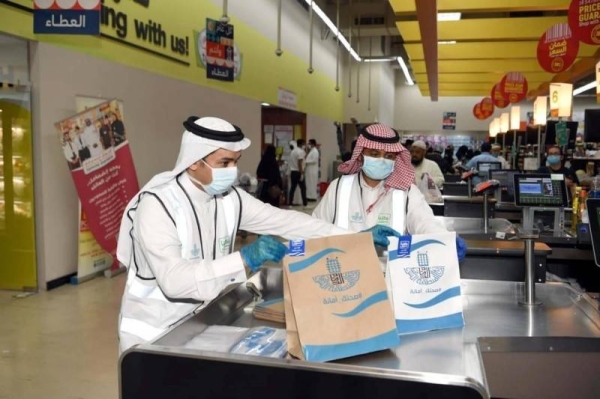By Michael Safi – The Guardian
Peak body says boycott campaign directed at brands with halal certified products is ‘misinformation’
 The peak body for Australian food and drink manufacturers says its members have no plans to ditch halal certification despite threats of a boycott and other sabotage by anti-Islam campaigners.
The peak body for Australian food and drink manufacturers says its members have no plans to ditch halal certification despite threats of a boycott and other sabotage by anti-Islam campaigners.
High-profile brands such as Cadbury’s, Sanitarium, Byron Bay Cookies, Four ’N Twenty and Kellogg’s have been targeted for having their products certified for Islamic dietary requirements.
A campaign led by former One Nation candidate Mike Holt has singled out Cadbury’s in particular for a so-called “buy-cott”, in which customers are encouraged to buy a product, open the package, and then ask for a refund – on the grounds that eating halal-certified food offends their beliefs.
He also asks campaigners to make a Christian blessing “over anything a Muslim has picked up from the supermarket shelf”, claiming this makes the food forbidden to consume under Islamic law.
Holt told Guardian Australia that halal was an unconstitutional “religious tax” that was “imposed without anybody’s approval and without a referendum”.
A small South Australian company, Fleurieu Milk and Yoghurt, announced it would abandon Islamic certification at the weekend after being pressured on social media. The decision cost the company a $50,000 contract with the airline Emirates.
But James Matthews, a spokesman for the Australian Food and Grocery Council, which represents the chocolate manufacturer and other brands, said there was no “movement against halal certification” among the council’s members.
“The campaign is one of misinformation,” he said, adding the cost of certification was “negligible” compared to the $1.6tn worldwide Islamic market.
He said the strong sentiments were understandable because “everyone eats and everyone’s got an opinion about food”, but that many of the critics of halal certification had a “one-way view” and “are not interested in understanding the actual reality”.
Critics such as Holt and Kirralie Smith, the Queensland woman behind the website Halal Choices, have claimed that halal certification fees could be used to “fund terrorism”.
But Smith admitted on ABC radio on Tuesday that she had no evidence for the claim. “It’s reasonable to ask the question, where does the money go here. There’s been no investigation to this point, and I think those investigations are required,” she said.
Mohammad Khan, the head of certifier Halal Australia, said his company was subject to stringent regulations and reporting requirements “just like any business”. Matthews, too, said the companies providing halal certification were “bound by Australian law, including laws regarding terrorism funding”.
Another company targeted by anti-halal campaigners, Byron Bay Cookies, said it was unlikely to drop its certification.
“Byron Bay Cookies is fortunate to enjoy a healthy export market that’s allowed us to become one of the larger employers in Byron Bay,” the company’s chief operating officer, Keith Byrne, said. “Halal certification is important to our business.”
Four’N Twenty has also been attacked on social media for securing halal certification for a small number of its products.



